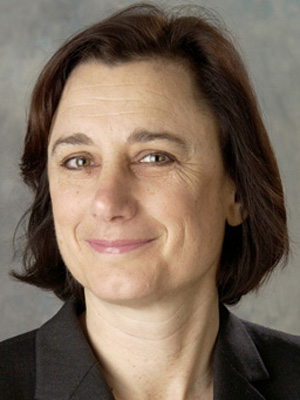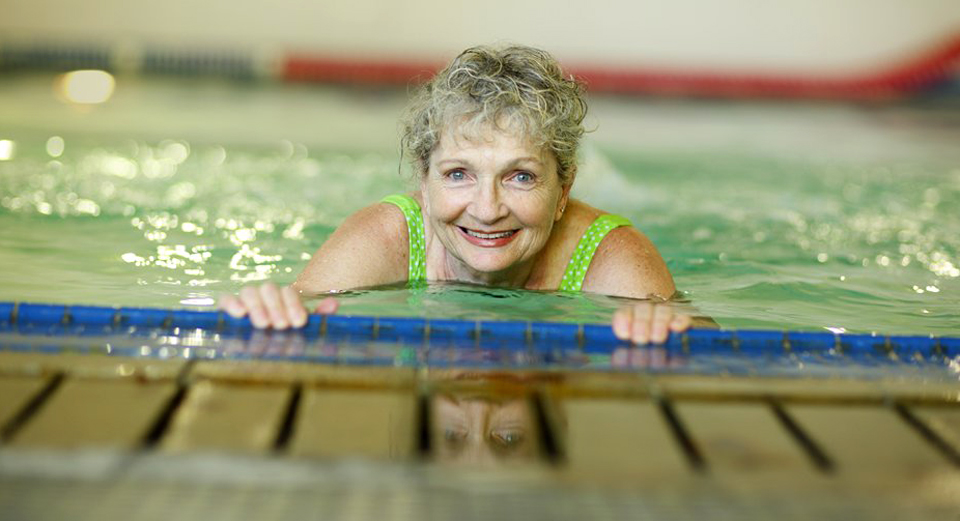Breast cancer expert Susan Kutner, MD, talks about Kaiser Permanente’s pioneering work to prevent breast cancer — and to detect it earlier through personalized screening.
It’s a statistic that many women can recite by heart: One in eight women in the U.S. will develop breast cancer by the age of 80.
But beyond the numbers, there’s reason for hope. Thanks to improvements in care, many women with breast cancer are living longer and feeling better. Kaiser Permanente Northern California has the third highest breast cancer screening rate in the nation, according to the National Committee for Quality Assurance (NCQA), and the Kaiser Permanente Division of Research is currently conducting more than 60 cancer-related studies.

To mark National Breast Cancer Awareness Month, we talked to Susan Kutner, MD, about how women can reduce their risk. A surgeon at Kaiser Permanente San Jose with a subspecialty in breast surgery, Dr. Kutner is chair of Kaiser Permanente Northern California’s Breast Care Task Force.
What steps can women take to decrease their risk of getting breast cancer?
The most important is getting regular exercise. Many large studies — including Kaiser Permanente’s Pathways: A Study of Breast Cancer Survivorship — have shown that just 30 minutes of exercise, five days a week, helps reduce your risk. You don’t have to be a marathon runner — any aerobic exercise is fine.
Maintaining a healthy weight is also key. When you are overweight, hormonal changes put you at a slightly higher risk of breast cancer.
Quitting smoking is another way to decrease your risk of many cancers. We have a great program to help you do that. There’s also evidence that links excessive alcohol consumption to increased breast cancer risk. A glass of wine once or twice a week is fine, but avoid having too much.
What role do diet and environment play?
The rate of breast cancer in the U.S. started rising after the Industrial Revolution. That’s due in part to the increasing presence of toxic chemicals in our environment.
There’s no one perfect diet to prevent cancer, but people can limit the amount of chemicals they take in by avoiding processed food and buying organic whenever possible. Eating a plant-based diet is another healthy choice because it limits our exposure to chemicals in animal feed. We offer farmers markets at many of our medical centers to give members easy access to fresh produce.
There’s growing evidence that suggests the chemicals in some personal care and household products may increase the risk of certain cancers. More research is needed, but people can learn about what’s in the personal care products they buy at www.safecosmetics.org.
What kind of screening does Kaiser Permanente recommend?
When breast cancer is diagnosed early, the survival rate is in the 90 to 95 percent range. So we are continually personalizing our screening programs to offer the best approach for each woman.
Research has shown that mammography is most effective in improving survival for women between the ages of 50 and 74, and we recommend that women in that age range get a mammogram every one to two years.
But there are some women who develop breast cancer at a younger age. So we encourage all of our members to have a conversation with their primary care physician about their personal risk, including family history, and previous breast problems. Women who are at higher risk may be candidates for screening at a younger age — or for referral to our Genetic Counseling Program.
Our goal is to empower women to reduce their breast cancer risk while improving their overall health.





This Post Has 0 Comments